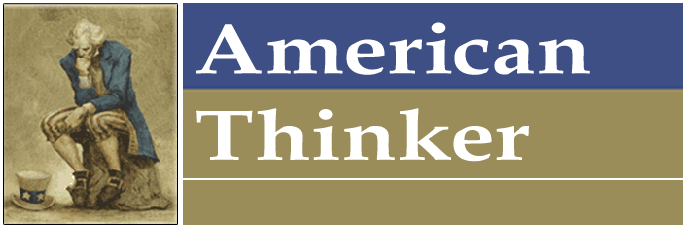Raising money is nobody’s favorite part of campaigns, but everyone knows it has to be done. In order for voters to have a choice on Election Day, candidates need to organize – and fund – competitive campaigns. The costs pile up quickly when you’re paying for transportation, lodging, meals, advertising, and perhaps even staff and office space.
If candidates don’t raise the money, someone else will take advantage. After all, no state can prevent a wealthy person from spending as much as he likes promoting candidates through super-PACs and media outlets, or self-funding as a candidate. Yet, while wealthy interests have a free hand, candidates and political parties are heavily restricted in most states.
A new report by the Institute for Free Speech grades the states on political giving freedom and offers the clearest picture to date of how states limit contributions to candidates, political parties, and political action committees. These limits make life difficult for upstart challengers and others who lack a pre-existing base of financial support. But exactly how cumbersome they are varies tremendously from state to state.
Consider a candidate for the Colorado General Assembly. Despite the fact that many of these candidates will have to campaign in the expensive Denver media market, they can accept no more than $200 per election from individuals. In addition, corporations and labor unions are prohibited from giving any money to candidates. Cross the border in neighboring Nebraska, and it’s a totally different story. The Cornhusker State has no contribution limits at all, allowing individuals, groups, businesses, and unions to donate as they please.
The pattern repeats across the country. One state will impose low limits across the board, while a neighboring state has no limits whatsoever, and yet another has a mix of moderate limits on some kinds of giving. So it is that a candidate in Virginia faces no limits on contributions from individuals, while a candidate in West Virginia is limited to $1,000 per donor. A candidate for the South Dakota House of Representatives can also accept no more than $1,000 per individual, while a candidate in North Dakota can accept unlimited amounts, just like in Virginia.
In total, eleven states allow individuals to give unlimited amounts to candidates, parties, and political committees. Several others, however, limit contributions to such low amounts that residents can give no more than a few hundred dollars to candidates for state legislature.
Even states with similar grades often achieve them in very different ways. For example, both Illinois and Nevada receive a C- grade, but Nevada allows unlimited giving from individuals to parties while Illinois limits these contributions. Meanwhile, Illinois allows parties to provide unlimited support to their candidates, while Nevada places low limits on party giving.
In some respects, it is common for states to have no limits at all. Most states allow unlimited giving from individuals to political parties, and nearly half allow parties to provide unlimited support to candidates.
What is the effect of contribution limits? The rhetoric surrounding “money in politics” leads us to expect these restrictions to reduce corruption, promote better government, and generally limit the influence of the wealthy. Yet attempts to link campaign finance laws to measures of corruption and good government find no correlation. So why don’t limits work as intended?
One problem is that when a state shuts down one avenue for “Big Money,” another soon takes its place. Limits don’t stop wealthy people from amplifying their voices by spending money. Instead, they simply redirect that cash elsewhere – to super-PACs, advocacy groups, lobbying firms, media companies, think-tanks, and more. Efforts to limit these groups run into a wall of First Amendment issues.
Another problem with contribution limits is that they cut off relationships we should encourage. A good example is the limits many states impose on parties’ ability to support their candidates. Americans expect candidates and parties to work closely together, yet 28 states limit this type of giving. These limits do not prevent politicians and money from mingling. Rather, they allow well funded independent groups to play a larger role in selecting candidates.
Why restrict interactions between candidates and parties while wealthy individuals and super-PACs from out of state spend freely? It’s a question that drove a wave of contribution limit increases several years ago. Yet the Institute for Free Speech’s Free Speech Index reveals that most states still have a long way to go.
The First Amendment protects your right to support the candidates, parties, and political committees of your choice. Unfortunately, where you live plays a major role in determining how much of that freedom you can exercise.
This post originally ran in American Thinker on May 16th 2018.














